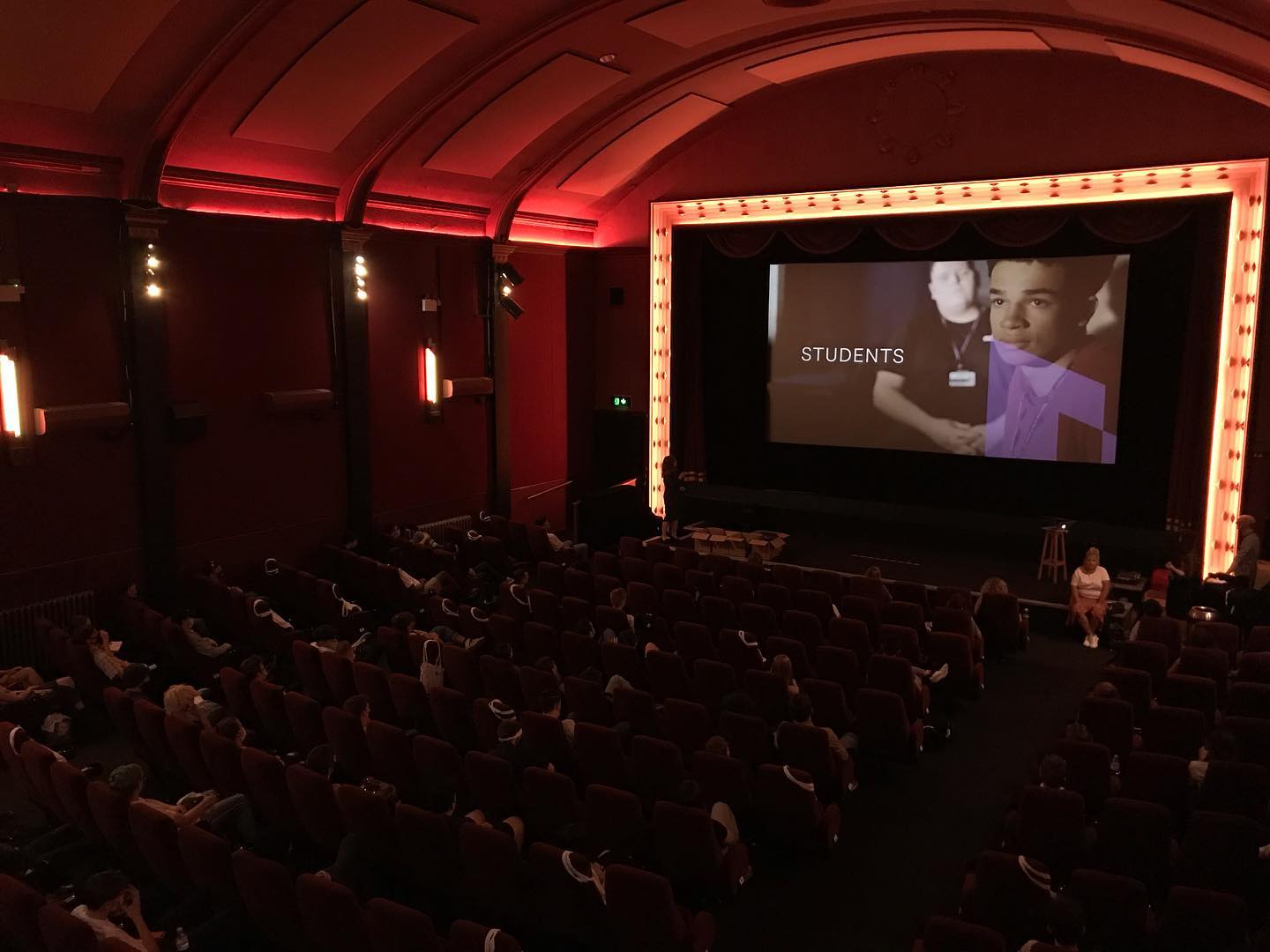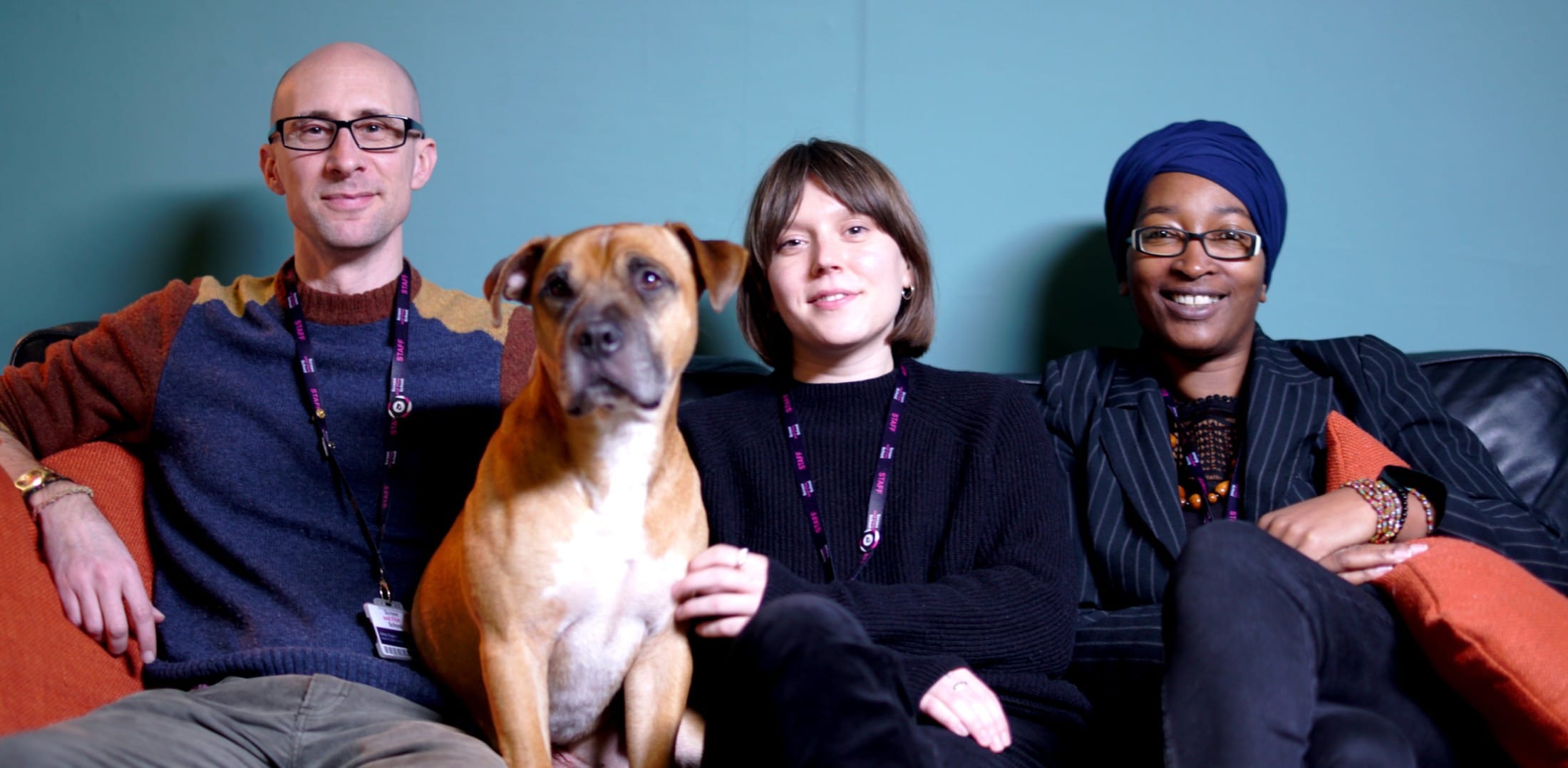As the days get shorter and winter creeps back up on us, it’s easy to find ourselves losing focus and motivation. Luckily we’ve put together a handy self-help guide to get your motivation back on track. Check out our top tips below!
Before getting started with a new task, make sure to keep in mind that you don’t have to be good at something before you have even tried it – this is counterintuitive. Learn how to accept challenges and that there is room for improvement. You are a student and you are not expected to know everything. Don’t let fear stop you!

Setting Goals
To find motivation to get on with a task, it’s important to have a direction to focus on as this is measurable and has an endpoint. Start by finding a few concrete reasons for why you would like to achieve your goal.
It’s more likely that you’ll stay motivated if you genuinely want to achieve whatever the task may be, therefore it’s useful to find an angle that interests you. If the task or goal does not necessarily seem appealing to you, and this will of course often be the case, try to find something within the task that does motivate you.
Talk to someone about your goals: by sharing your aims they become real and more of a promise to yourself. It is also useful to share the experience with someone; empowerment from others will most likely boost your motivation and make you feel less alone.

Plan of action
Once you know what your aim is, it’s beneficial to make a plan of how to achieve tasks. Make a to do list and break things up. Start with easier tasks and work your way towards greater challenges – this will help you build confidence.
You may also find that the evidence of your progress can be motivating. With that in mind, it can be useful to draw or create a visual representation to track any progress you have made towards your goal.

Rewards
It’s important to attempt to have a positive outlook. Instead of beating yourself up about things you haven’t done, make sure to promise yourself a reward on completion of a task, whether that’s a cup of tea, chocolate, watching an episode of your favourite show…whatever floats your boat really!
Be mindful of positive and negative motivation and how these affect you:
Positive motivation means that you focus on the positive outcome of a task or goal, for example: “When I finish this assignment I will be closer to a qualification”
Negative motivation focuses on the negative repercussion that will occur if you don’t take action, for example: “If I don’t finish this assignment I will fail”
Be aware of the fact that both positive and negative motivation can be efficient to keep you on track. However it’s good to find a balance and if possible focus on the positive outcomes. If you don’t have a positive plan of action the negative motivation can make you feel helpless and reduce your motivation entirely which defeats the purpose.
Get In Touch
Please remember that you can contact the Support Team with any questions or concerns. They are here to listen and support you throughout your time with us at Screen and Film School.
Email: [email protected]
Phone: 01237 602070
Instagram: @sfs_support



